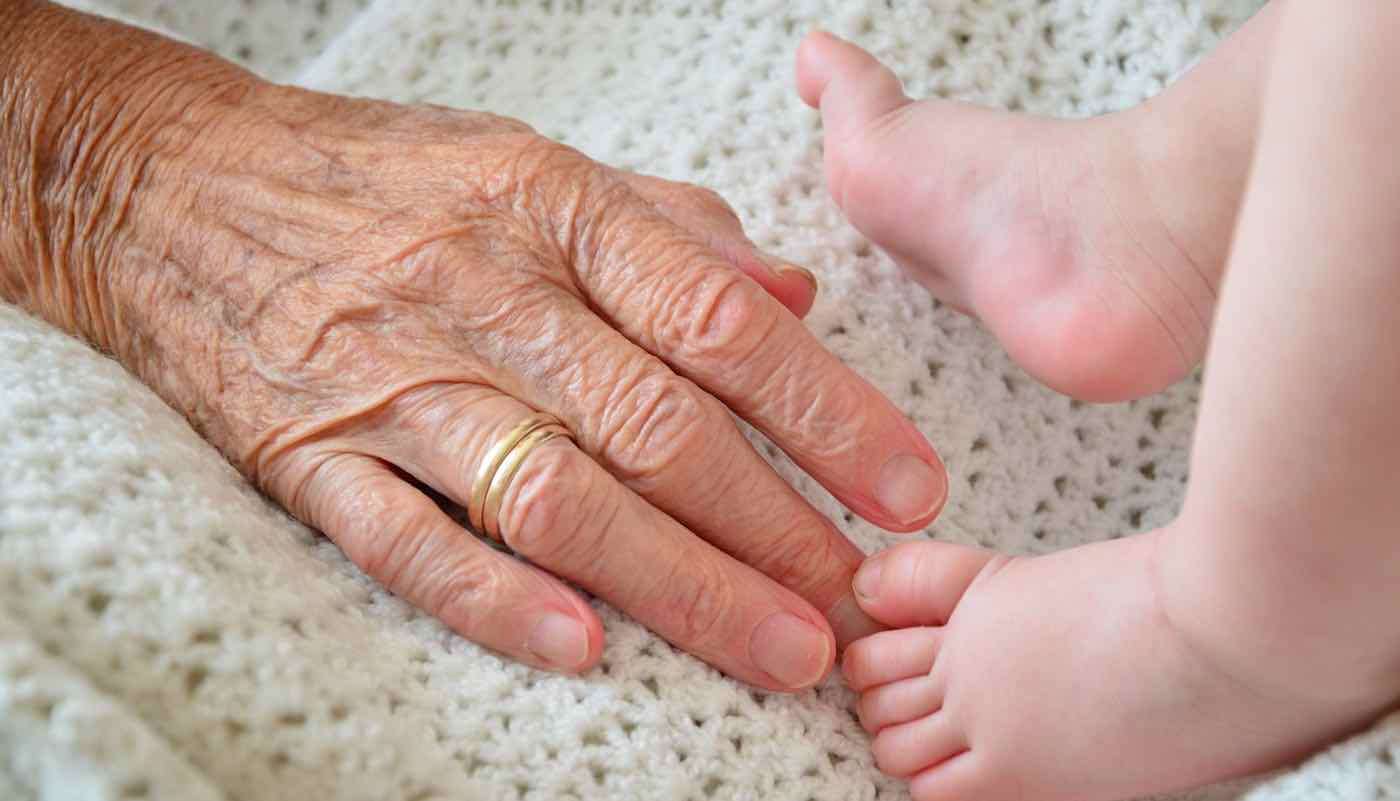Father Uses Scuba Therapy to Restore His Paralyzed Son's Motor Function-And Now It's Doing the Same for Others
After David Lawrence Jr. became paralyzed from the neck down, his father found an unlikely therapy to help him regain his motor function.

In this groundbreaking new study, scientists are shocked to discover that a combination of common medications might help people to reverse their biological age.
Nine male participants between the ages of 51 and 65 were recruited for the small clinical study at the University of California, Los Angeles. The participants were given a growth hormone and two forms of diabetes medication over the course of one year in order to study the safety and efficacy of the drug combination in restoring tissue in the thymus gland, which is essential for powering a healthy immune system.
Consistent blood samples were collected from each of the patients before, during, and after the study. Not only did the samples reveal that the drugs had worked in helping to regenerate thymus tissue, it also showed that the cocktail had reversed the "epigenetic clocks" of the patients.
Furthermore, each participant had shed an average of 2.5 years from their biological age and their immune systems showed remarkable signs of clinical rejuvenation. The patients continued to display the epigenetic symptoms more than 6 months after the study's conclusion.
"This is to our knowledge the first report of an increase, based on an epigenetic age estimator, in predicted human lifespan by means of a currently accessible aging intervention," say the researchers.
The "epigenetic clock" refers to the body's biological signs of age. The authors of the study, which was published this week in Aging Cell, say that although "epigenetic age does not measure all features of aging and is not synonymous with aging itself, it is the most accurate measure of biological age and age‐related disease risk available today."
This is not the first time that scientists have identified a method for reversing our biological age. Back in May, researchers from the European Society of Cardiology (ESC) training for and completing a first-time marathon "reverses" aging of major blood vessels.
However, the researchers who conducted the study at the University of California, Los Angeles, say that they were not anticipating such a remarkable response to the medication.
"I'd expected to see slowing down of the clock, but not a reversal," says geneticist and lead researcher Steve Horvath told Nature. "That felt kind of futuristic."
These are only the results of a small trial and further research will need to be conducted in order to study the treatment's efficacy on a larger group of participants—but the findings still "have huge implications" for treating age-related disease.
Don't Let The Good News Get Old—Share It With Your Friends On Social Media…
Be the first to comment